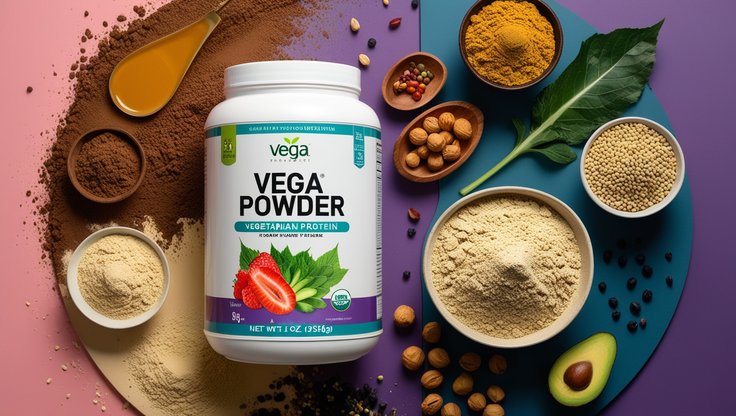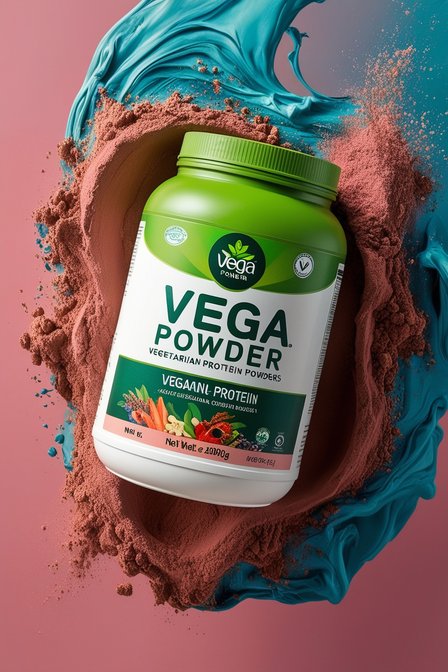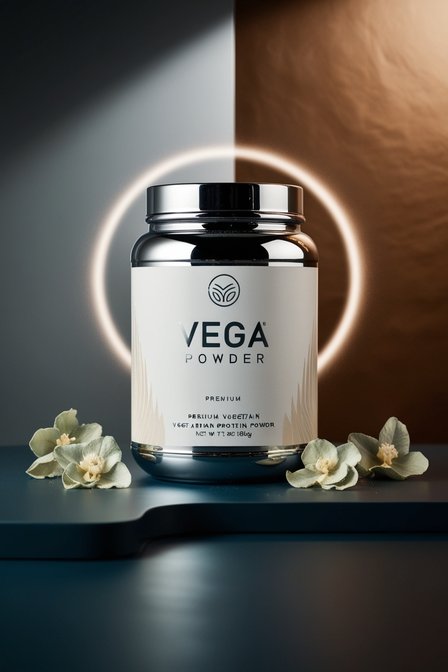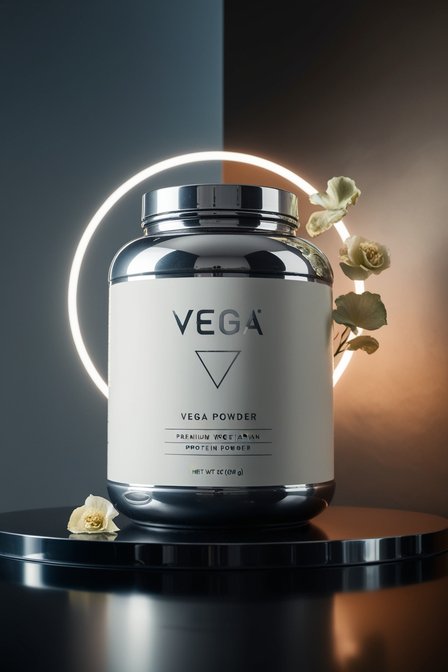Exploring Vegan Protein Alternatives
As the world becomes more health-conscious and environmentally aware, many people are turning to vegan diets to improve their health and reduce their environmental footprint. One of the most common concerns about veganism is how to obtain adequate protein without consuming animal products. Fortunately, there are numerous vegan protein alternatives that are both nutritious and delicious.
Understanding Protein Needs
Protein is an essential macronutrient that plays a crucial role in the body. It is necessary for the growth, repair, and maintenance of tissues, as well as the production of enzymes and hormones. The average adult needs about 46-56 grams of protein per day, though this can vary depending on age, sex, and activity level. Vegans can meet these protein needs by consuming a variety of plant-based foods.
Legumes: A Powerhouse of Protein
Legumes, including beans, lentils, and peas, are excellent sources of plant-based protein. They are not only high in protein but also rich in fiber, vitamins, and minerals. For example, a cup of cooked lentils contains about 18 grams of protein, while a cup of black beans provides approximately 15 grams. These legumes can be used in a variety of dishes, from soups and stews to salads and veggie burgers.
Nuts and Seeds: Small but Mighty
Nuts and seeds may be small, but they pack a powerful protein punch. Almonds, walnuts, chia seeds, and hemp seeds are particularly high in protein. For instance, two tablespoons of chia seeds contain about 4 grams of protein, while an ounce of almonds provides around 6 grams. These can be added to smoothies, oatmeal, or used as toppings for salads and yogurt for an extra protein boost.
Tofu and Tempeh: Versatile Soy Products
Tofu and tempeh are soy-based products that are staples in many vegan diets. Tofu, made from soy milk, is incredibly versatile and can be used in both savory and sweet dishes. It contains about 10 grams of protein per half-cup serving. Tempeh, made from fermented soybeans, has a firmer texture and a nutty flavor, with about 15 grams of protein per half-cup. Both can be used in stir-fries, sandwiches, and salads.
Seitan: The Wheat Meat
Seitan, also known as wheat gluten, is a popular vegan protein alternative due to its meat-like texture. It is made by washing wheat flour dough with water to remove the starch, leaving behind the gluten. Seitan contains about 21 grams of protein per 3-ounce serving, making it one of the highest plant-based protein sources. It can be grilled, sautéed, or used in place of meat in various recipes.
Quinoa: The Complete Protein
Quinoa is a unique grain because it is a complete protein, meaning it contains all nine essential amino acids. This makes it an excellent choice for vegans looking to meet their protein needs. One cup of cooked quinoa provides about 8 grams of protein. Quinoa is also high in fiber, magnesium, and iron, making it a nutritious addition to any meal. It can be used in salads, as a side dish, or even in breakfast bowls.
Edamame: Young Soybeans
Edamame are young soybeans that are often served as a snack or appetizer. They are rich in protein, with a cup of cooked edamame containing about 17 grams. Edamame can be enjoyed on their own with a sprinkle of sea salt, added to salads, or blended into dips and spreads.
Nutritional Yeast: The Cheesy Vegan Secret
Nutritional yeast is a deactivated yeast that is often used by vegans to add a cheesy flavor to dishes. It is also a good source of protein, with two tablespoons providing about 8 grams. Nutritional yeast is fortified with B vitamins, including B12, which is essential for vegans. It can be sprinkled on popcorn, stirred into sauces, or used to make vegan cheese.
Spirulina: The Blue-Green Algae
Spirulina is a type of blue-green algae that is often sold in powder or tablet form. It is incredibly nutrient-dense and contains about 8 grams of protein per two tablespoons. Spirulina is also rich in vitamins, minerals, and antioxidants. It can be added to smoothies, juices, or even energy bars for an extra boost of protein and nutrients.
Hemp Protein Powder: A Complete Source
Hemp protein powder is made from ground hemp seeds and is a complete protein source. It contains about 15 grams of protein per 4-tablespoon serving. Hemp protein is also high in omega-3 and omega-6 fatty acids, which are beneficial for heart health. It can be added to smoothies, oatmeal, or baked goods for an easy protein boost.
Pea Protein Powder: Versatile and Hypoallergenic
Pea protein powder is made from yellow split peas and is a popular vegan protein supplement. It contains about 15-20 grams of protein per scoop and is hypoallergenic, making it suitable for those with food sensitivities. Pea protein can be used in smoothies, protein bars, or as an ingredient in baking.
Beyond Protein: Additional Benefits
Many vegan protein sources offer additional health benefits beyond their protein content. For example, legumes and whole grains are high in fiber, which aids digestion and helps maintain a healthy weight. Nuts and seeds are rich in healthy fats, which are essential for brain health and hormone production. Soy products like tofu and tempeh contain isoflavones, which have been linked to a reduced risk of certain cancers and heart disease.
Combining Proteins for Complete Nutrition
While some plant-based proteins are complete, others may lack one or more essential amino acids. However, by eating a variety of plant-based foods, vegans can ensure they get all the amino acids they need. For example, combining grains with legumes, such as rice and beans, provides a complete protein profile. This practice of protein combining was once thought to be necessary at every meal, but current research suggests that consuming a variety of proteins throughout the day is sufficient.
Overcoming Common Myths
There are many myths surrounding vegan diets and protein intake. One common myth is that plant-based proteins are inferior to animal proteins. However, with careful planning, vegans can meet their protein needs just as effectively as those who consume animal products. Another myth is that vegans need to consume protein supplements to meet their needs. While protein powders can be convenient, they are not necessary if a balanced diet is followed.
Making the Transition
For those considering a transition to a vegan diet, it is important to plan meals to ensure adequate protein intake. Start by incorporating more legumes, nuts, seeds, and whole grains into your diet. Experiment with different plant-based protein sources to find what you enjoy the most. Consulting with a nutritionist or dietitian can also be helpful in creating a balanced vegan diet that meets all your nutritional needs.
The Environmental Impact
Choosing vegan protein alternatives not only benefits your health but also has a positive impact on the environment. Animal agriculture is a major contributor to greenhouse gas emissions, deforestation, and water pollution. By opting for plant-based proteins, you can reduce your carbon footprint and contribute to a more sustainable food system.
The Future of Vegan Proteins
The demand for vegan protein alternatives is growing, and the market is responding with innovative products. From plant-based meat substitutes to protein-packed snacks, the options are expanding. Advances in food technology are making it possible to create plant-based proteins that mimic the taste and texture of animal products, making it easier for people to make the switch.
Conclusion
Vegan protein alternatives are abundant and varied, offering plenty of options to meet your protein needs. Whether you prefer legumes, nuts, seeds, or soy products, there is a plant-based protein source for everyone. By incorporating a diverse range of these foods into your diet, you can enjoy the health benefits of a vegan lifestyle while ensuring you get enough protein. As the popularity of veganism continues to rise, so too will the availability and variety of vegan protein options, making it easier than ever to thrive on a plant-based diet.




